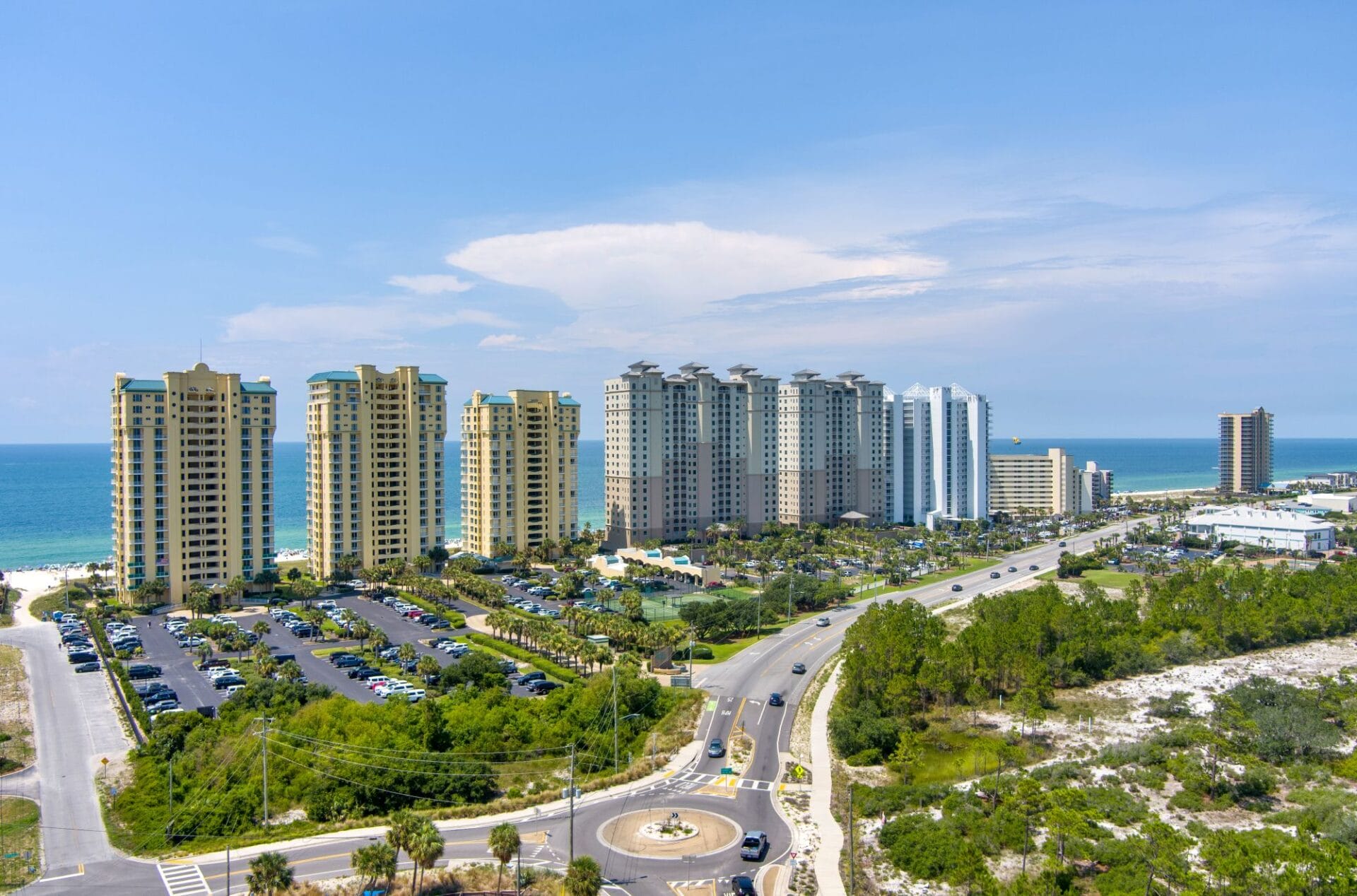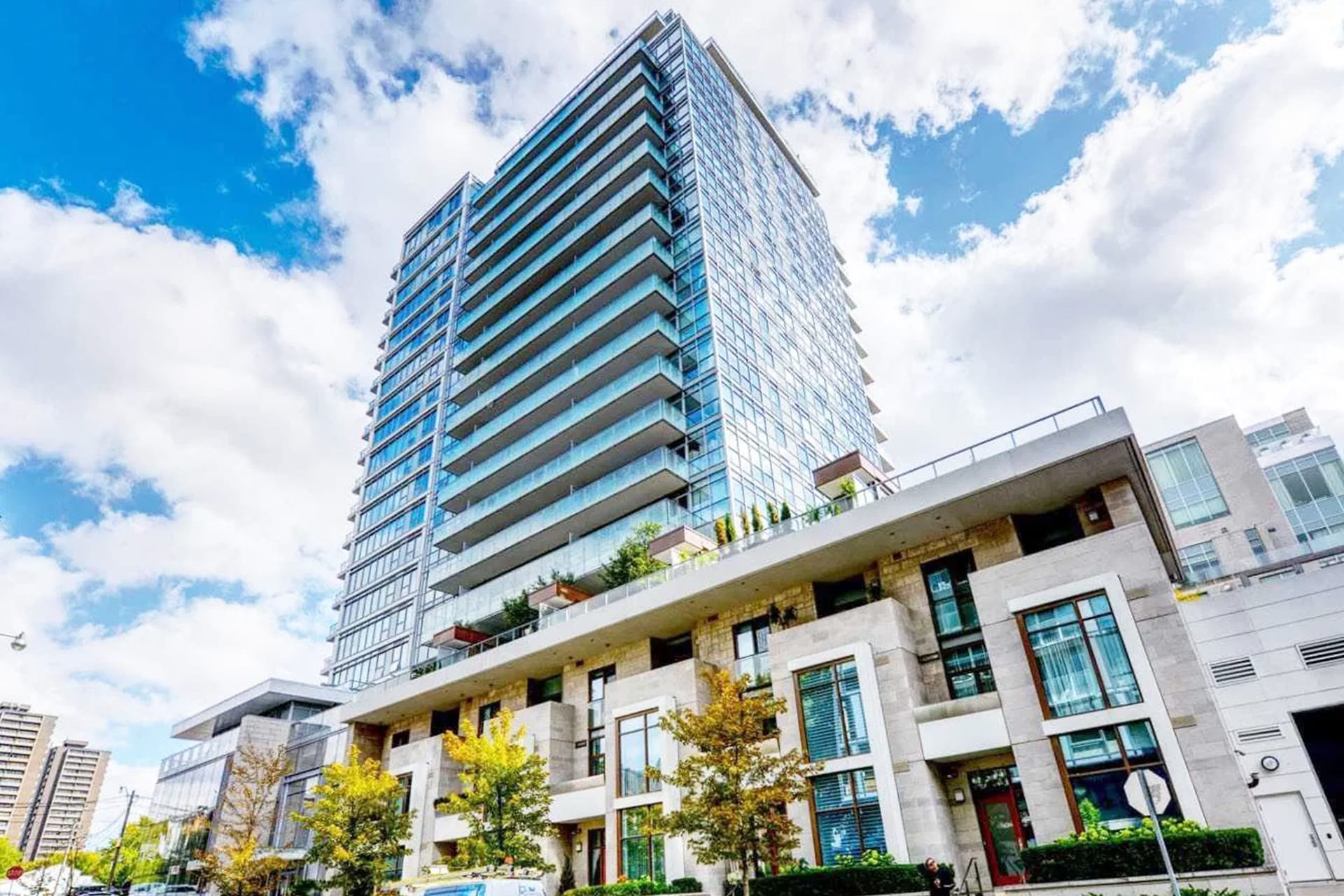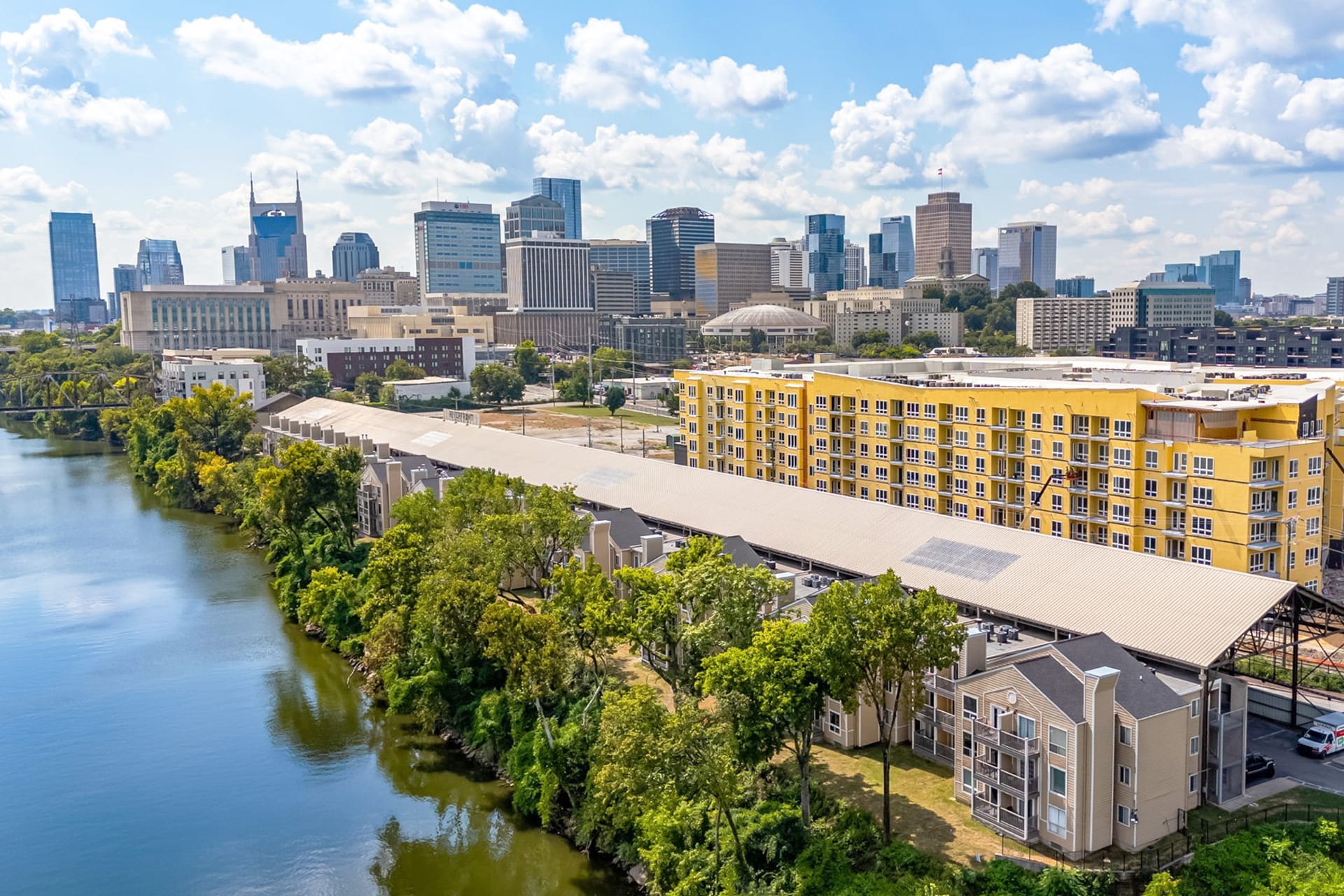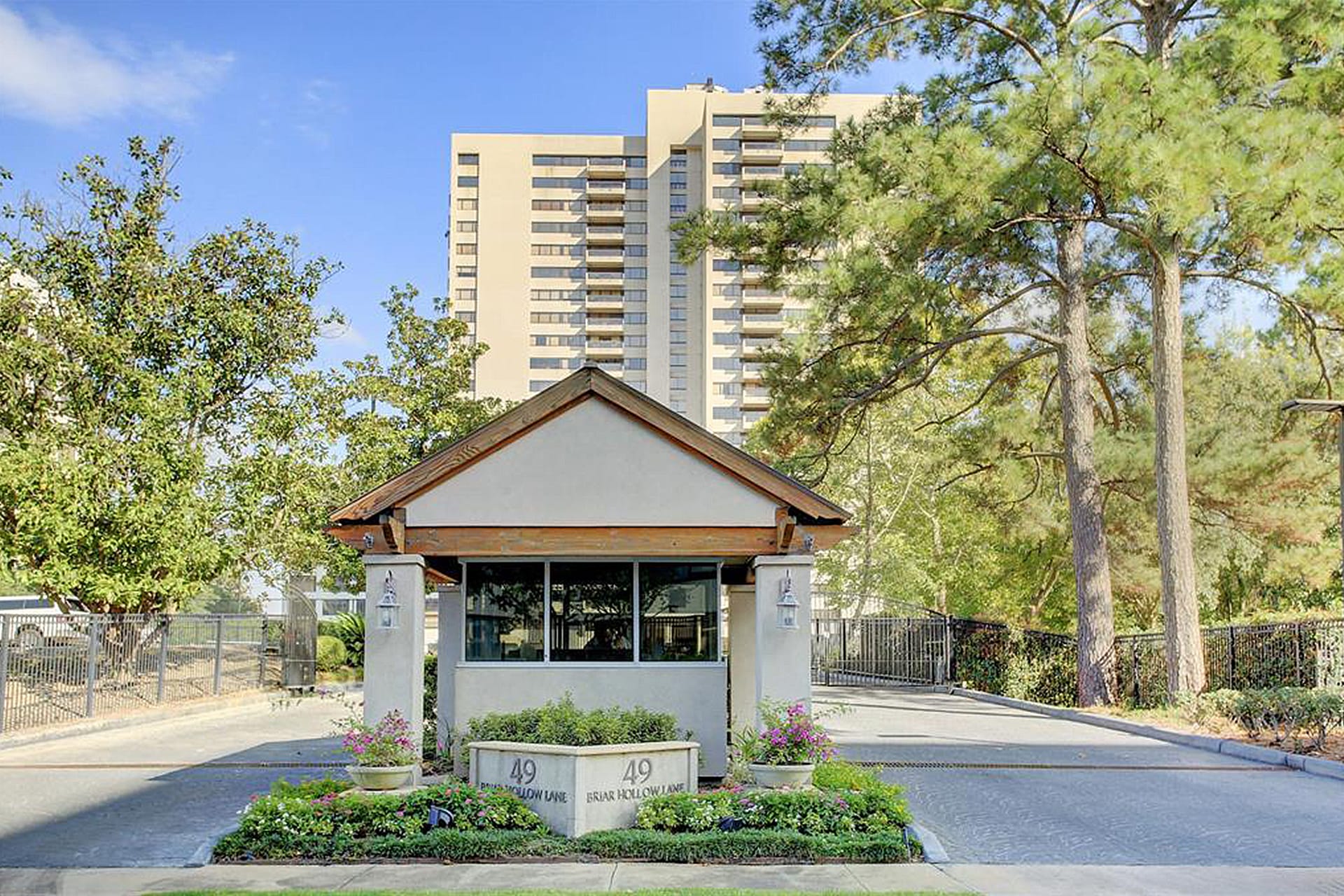Although summer is a great time for a bit of rest and relaxation, Florida condominiums have some work ahead of them.
House Bill 913, also known as the 2025 Reform Bill, came into effect July 1. While much of the massive bill focuses on softening the blow of the safety legislation passed in 2022, there are some important points not related to milestone structural inspections or structural integrity reserve studies (SIRS).
Below, you will find a list highlighting some of the most significant changes. Note that this bill is directed at condominium and cooperative associations. HOAs are not named, but don’t be surprised if some of these changes are mandated for homeowners associations later on.
Table of contents
- Official association records
- Electronic voting
- Virtual meetings
- Milestone structural inspections
- Structural integrity reserve studies
- Reserve funding and thresholds
- Community association managers (CAMs) and professionals
Official association records
New records added to requirements
Florida condominiums must maintain bank statements, ledgers, affidavits, and approved meeting minutes as official records.
Virtual meetings are considered records
Virtual meetings must be recorded and retained for at least one year. Yes, that means they must be added to the website or web portal for owners to view if your association has 25+ units.
As of now, many attorneys are of the opinion that phone-in meetings would not need to be recorded.
New and updated records must be posted to website within 30 days
Unless a shorter period is otherwise required, a document or record must be made available on the condo association’s website, or made available for download through an application on a mobile device within 30 days after the association receives or creates an official record.
Electronic voting
Owners can vote to have electronic voting
If at least 25% of the voting interests of a condominium petition the board to adopt a resolution for electronic voting for the next scheduled election, the board must hold a meeting within 21 days after receipt of the petition to adopt such resolution.
The board must receive the petition within 180 days after the date of the last scheduled annual meeting.
Votes can be submitted via email
Unless the association has adopted electronic voting in accordance with subsections (1)-(6), the association must designate an e-mail address for receipt of electronically transmitted ballots.
Electronically transmitted ballots must meet all the requirements of this subsection.
A unit owner may send a ballot to the e-mail address designated by the association without complying with s. 718.112(2)(d)4. or the rules providing for the secrecy of ballots adopted by the division.
The association must count completed ballots that are sent through email to the designated email address, provided the completed ballots comply with the requirements of this subsection.
A ballot that is emailed to the association must include all of the following:
- A space for the owner to type in their unit number
- A space for the owner to type in their first and last names, which also functions as their signature
- This statement in capitalized letters, and in a font size larger than any other font size used in the e-mail from the association to the unit owner: WAIVING THE SECRECY OF YOUR BALLOT IS YOUR CHOICE. YOU DO NOT HAVE TO WAIVE THE SECRECY OF YOUR BALLOT IN ORDER TO VOTE. BY TRANSMITTING YOUR COMPLETED BALLOT THROUGH E-MAIL TO THE ASSOCIATION, YOU WAIVE THE SECRECY OF YOUR COMPLETED BALLOT. IF YOU DO NOT WISH TO WAIVE YOUR SECRECY BUT WISH TO PARTICIPATE IN THE VOTE THAT IS THE SUBJECT OF THIS BALLOT, PLEASE ATTEND THE IN-PERSON MEETING DURING WHICH THE MATTER WILL BE VOTED ON.
- The owner must transmit their completed ballot to the e-mail address designated by the association no later than the scheduled date and time of the meeting during which the matter is being voted on
- There is a rebuttable presumption that an association has reviewed all folders associated with the e-mail address designated by the association to receive ballots if a board member, an officer, or an agent of the association, or a manager licensed under part VIII of chapter 468, provides a sworn affidavit attesting to such review
Virtual meetings
Meetings can take place virtually, but a physical location must still be included
Zoom, Teams, etc., can be used to host board and membership meetings. However, virtual meetings must be recorded and preserved for at least one year.
Annual meetings may be conducted in person or via video conference. But, if the annual meeting is conducted via video conference, a quorum of the board members of the administration must be physically present at the physical location where owners can attend the meeting.

The location must be provided in the association’s bylaws. If the bylaws are silent as to the location, the meeting must be held within 15 miles of the condominium property or within the same county as the condominium.
Board or committee members can participate in meetings via telephone, real-time videoconferencing, or similar real-time electronic or video communication. Virtual attendees count toward a quorum, and such members may vote as if physically present.
A speaker must be used so that conversations can be heard by the board or committee members attending in person, as well as by any owners present at a meeting.
If a meeting is to be conducted via video conference, the notice must state that and include a hyperlink and a conference telephone number for owners to attend, as well as the address of the physical location where owners can attend the meeting in person.
Milestone structural inspections
Clarity on minimum height requirements
HB 913 clarifies that condos with three or more habitable stories must complete milestone inspections and structural integrity reserve studies. So if you live in a three-storey building, but only two stories have units, your building is exempt.
Clarity regarding submissions
Associations are required to submit the status of their milestone inspections to the Florida Department of Business and Professional Regulation (DBPR) every year. However, the DBPR will provide the information to the Office of Program Policy Analysis and Government Accountability, which will compile a report for the Legislature.
SIRS may be postponed under certain circumstances
If a condo completes a milestone inspection required by s. 553.899, or an inspection completed for a similar local requirement, it may delay performance of a required structural integrity reserve study for no more than 2 consecutive budget years immediately following the milestone inspection if it needs to pay for repair and maintenance recommendations created as a result of the milestone inspection.
Structural integrity reserve studies
Deadline extended
Condo associations existing on or before July 1, 2022, which are controlled by owners other than the developer, must have a structural integrity reserve study completed by December 31, 2025. The deadline was 2024, but it has been extended to give condos more time.
An association that is required to complete a milestone inspection in accordance with s. 553.899 on or before December 31, 2026, may complete the structural integrity reserve study simultaneously with the milestone inspection.
Funding source must be identified
The structural integrity reserve study must take into consideration the funding method or methods used by the association to fund maintenance obligations through regular assessments, special assessments, lines of credit, or loans.
If the SIRS is performed before the association has approved a special assessment or secured a line of credit or a loan, the SIRS must be updated to reflect the funding method selected by the association and its effect on the reserve funding schedule, including any anticipated change in the amount of regular assessments.
Reserve funding and thresholds
Temporary funding suspension option
For a budget adopted on or before December 31, 2028, if the association has completed a milestone inspection pursuant to s. 553.899 within the previous 2 calendar years, the board, upon the approval of a majority of the total voting interests of the association, may temporarily pause reserve fund contributions, or reduce the amount of reserve funding for the purpose of funding repairs recommended by the milestone inspection, for no more than 2 consecutive annual budgets.
An association that has paused reserve contributions under this subparagraph must have a structural integrity reserve study performed before the continuation of reserve contributions in order to determine the association’s reserve funding needs, and to recommend a reserve funding plan.
More flexible options to pay for repairs
Reserves for the items listed in paragraph (g) (roof, structure, plumbing, fireproofing, windows, electrical) may be funded by regular assessments, special assessments, lines of credit, or loans. A special assessment, a line of credit, or a loan under this subparagraph requires the approval of a majority vote of the total voting interests of the association.
A unit-owner-controlled association that is required to complete structural integrity reserve studies may secure a line of credit or a loan to fund capital expenses required by a milestone inspection under s. 553.899 or a structural integrity reserve study.
The line of credit or loan must be sufficient to fund the cumulative amount of any previously waived or unfunded portions of the reserve funding amount required by this paragraph, and the most recent structural integrity reserve study.
Funding from the line of credit or loan must be immediately available for access by the board to fund required repair, maintenance, or replacement expenses without further approval by owners.
Investment options
An association may invest reserve funds in one or any combination of certificates of deposit or in depository accounts at a community bank, savings bank, commercial bank, savings and loan association, or credit union without a vote from owners.
Adjustment to threshold for items that need to be added to reserve study
Any other item that has a deferred maintenance expense or replacement cost that exceeds $25,000 must be added to the reserve study. The threshold was previously $10,000. This number will be adjusted annually for inflation starting February 2026.
Community association managers (CAMs) and professionals
Legal compliance
CAMs and firms may not knowingly follow directives that violate state or federal laws.
Meeting attendance
CAMs must attend at least one board or membership meeting in person each year.
Disclosure required for greater transparency
Anyone bidding on SIRS or milestone inspection work must disclose intentions to bid on follow-up projects.
Presumption of conflict if CAMs enter into contracts beyond normal services
A rebuttable presumption of conflict exists when CAMs enter into contracts beyond routine CAM services.
Community association managers or a community association management firm, including directors, officers, and anyone else with a financial interest in a community association management firm, or a relative of such persons, must disclose to the board any activity that may reasonably be construed to be a conflict of interest.
A rebuttable presumption of a conflict of interest exists if any of the following occurs without prior notice:
- A community association manager or firm proposes to enter into a contract or other transaction with an association
- A manager or firm enters into a contract for goods or services with the association, for services other than community association management services
Conclusion
HB 913 is very lengthy, and addresses several different elements of condo management. Boards and managers are encouraged to read the bill on a couple of separate occasions to ensure they haven’t missed anything important.
We will update this article if amendments are made to the bill, but as always, contact an attorney if you have specific questions.

























